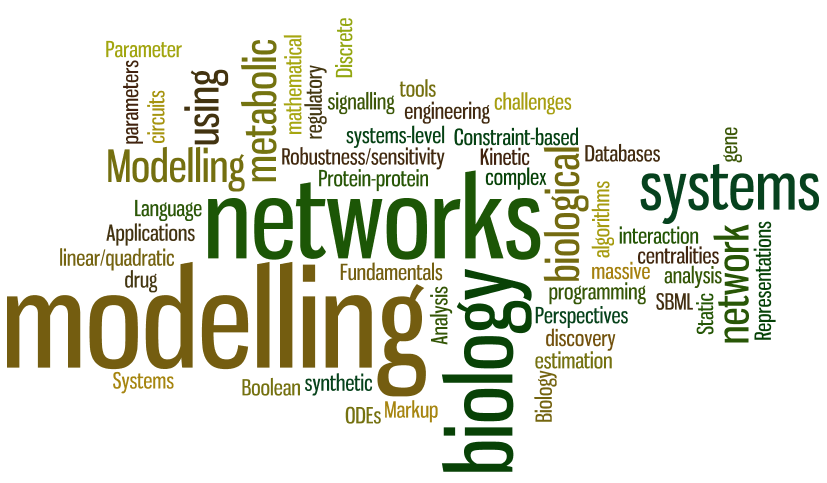
Our group’s mission is to accelerate biopharmaceutical manufacturing innovation, support the development of standards that enable more efficient and rapid manufacturing capabilities, and educate and train a world-leading biopharmaceutical manufacturing workforce, fundamentally advancing U.S. competitiveness in this industry. We also focus our efforts on driving down the costs and risks associated with manufacturing biologics including proteins, cell based therapeutics and vectored gene therapies.
Affliated Websites
